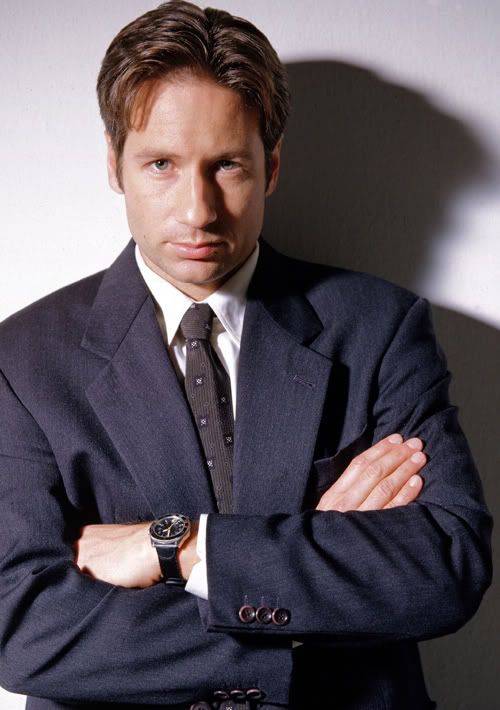Kafka, Steven Soderbergh's interpretation of author Franz Kafka's prevalent themes in his novels, is quite unique. This black-and-white film concerns the fictionalized version of Kafka, who, as a morbid insurance agent searching for his friend's killer, stumbles upon anarchists, mad scientists, and a plot beyond his imagination. Themes of alienation, anxiety, and solitude, all of which are found in Kafka's works can be found in the film as well.
To be honest, after viewing the movie, my feelings and perspective on Kafka's The Metamorphosis did not change in the least bit. Possibly if I were to sit in a Gothic styled room and think over the two works in solitude, I could find some profound connection between the two. Having not done that, I still feel the same way about the Metamorphosis, that the story was engaging and strangely moving to me. It's odd how bad I felt about Gregor's death, and Kafka did not make it feel any more or less peculiar.
The Metamorphosis, as symbolic as they come, has a grounded moral in its story of Gregor Samsa's short life as a bug. Gregor, a pitiful salesman of the traveling variety, faces the ultimate isolation from his transformation. Just when he thought the world he lived in before was one that isolated all of its citizens, he is suddenly a hideous beast who has lost all communication with the world he once knew. The importance of having people in your lives that are close to you and able to talk with, the things that Gregor lost as a result of his metamorphosis, is the moral of the story.
Essentially, Gregor's transformation is Franz Kafka's way of showing the isolation and destitute life at an extreme. His life is cut off from his dear family's after he has become a bug. He cannot talk to them, support them financially, or even bear to look at them, preferring a cloth over him to his family's frightful looks. Family is one of the most important things in the world to Gregor, and with that lost and knowing that his form is causing them emotional and financial pain eventually leads to his suicide. It is his fasting that he shows his love for them, finally releasing them from the burden of his care.
To call Kafka a genius from this endlessly symbolic work may be a stretch. I would prefer to consider him a talented psychoanalyst. The way he focuses on Gregor's situation and give what must be the most reasonable analysis of his mind and how he is thinking. Maybe it is just because I have an affinity for the probing of the human mind and how people think in all situations imaginable. This is likely the reason for why I became so involved in reading the Metamorphosis. Yet still, I would shy away from calling Kafka a genius. Now Seinfeld, that there is a genius.
Kafka, the fictional one, has interesting connections with true life Kafka's character Gregor Samsa. Both men work in jobs that do not interest them, but rather suck the life out of them, which lead toward their isolated lives. Both men deal with severe anxiety in different ways. Kafka is a nervous wreck from the beginning of the film, and his encounter with powerful forces of madness only lead his paranoia further off the charts. Conversely, Gregor is a giant roach. What could cause more anxiety than that?
Franz Kafka's The Metamorphosis is renown for its limitless themes, ranging from guilt to loneliness. In a formal essay, make a convincing argument for the main theme of The Metamorphosis, with regards to Gregor Samsa's evolving state of mind and predicament. Include at least three graphs and/or pie charts.
Thursday, November 1, 2007
Subscribe to:
Post Comments (Atom)

No comments:
Post a Comment